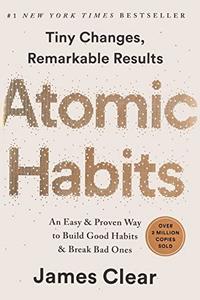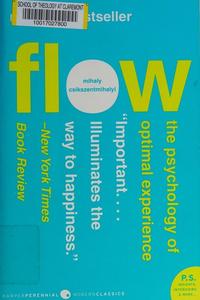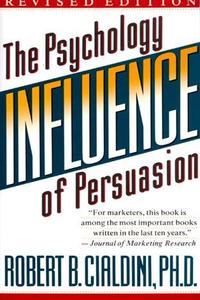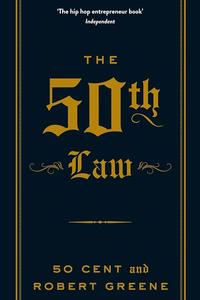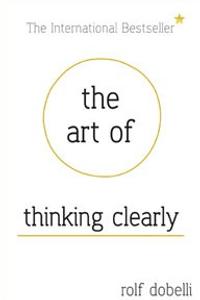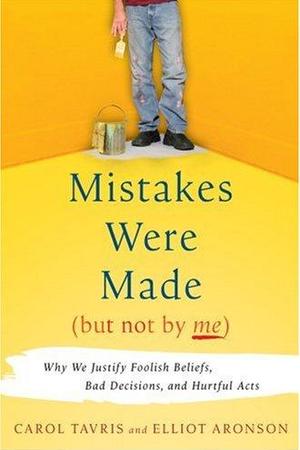
Mistakes Were Made (but Not by Me) by Carol Tavris & Elliot Aronson: Summary & Notes
by Carol Tavris & Elliot Aronson
In One Sentence
Cognitive dissonance drives us to justify our decisions, maintain our self-image, and blame others—understanding this mechanism is crucial for admitting mistakes and growing.
Key Takeaways
- Cognitive dissonance creates psychological discomfort when our actions contradict our beliefs—we resolve it by changing our beliefs
- Self-justification is automatic and unconscious—we rarely realize we're doing it
- Memory is reconstructive: we unconsciously edit memories to support our current beliefs and self-image
- The more committed we are to a decision, the harder it is to admit we were wrong
- Us vs. them thinking escalates conflicts because both sides justify their own behavior while vilifying the other
- The antidote is intellectual humility and systems that catch errors before self-justification kicks in
Summary
This book is an introduction to self-justification and cognitive dissonance, and by extension, cognitive biases. It’s a great overview of everyday situations and historical examples where these play a role in everything from learning to our relationships.
The takeaway: we must learn to spot our own self-justification, and stop it when required, to prevent further action based upon false self-justification.
Overall a great book that has led me to examining in more detail the cognitive biases we all are subject to, and even further to mental models which help thinking. Would definitely recommend reading.
Who Should Read This Book
- Leaders who need to foster cultures of accountability and learning from mistakes
- Anyone in a relationship who wants to understand why arguments escalate
- Professionals in law, medicine, or other fields where errors have serious consequences
- People interested in understanding political polarization and group conflict
FAQ
What is cognitive dissonance?
Cognitive dissonance is the mental discomfort we feel when holding contradictory beliefs or when our actions conflict with our self-image. To reduce this discomfort, we unconsciously justify our actions, change our beliefs, or selectively remember events—often without realizing it.
Why is it so hard to admit mistakes?
Admitting mistakes threatens our self-concept as smart, ethical, competent people. The more important the decision or the more we've invested in it, the more painful it is to admit error. Our brain protects us from this pain through self-justification, often before we're consciously aware.
How does self-justification affect relationships?
In relationships, self-justification creates escalating conflicts. Each person remembers events in ways that make them the victim and their partner the wrongdoer. Without intervention, small disagreements compound into major rifts as both sides justify increasingly extreme positions.
Click to expand comprehensive chapter-by-chapter breakdown (~15-20 min read)
